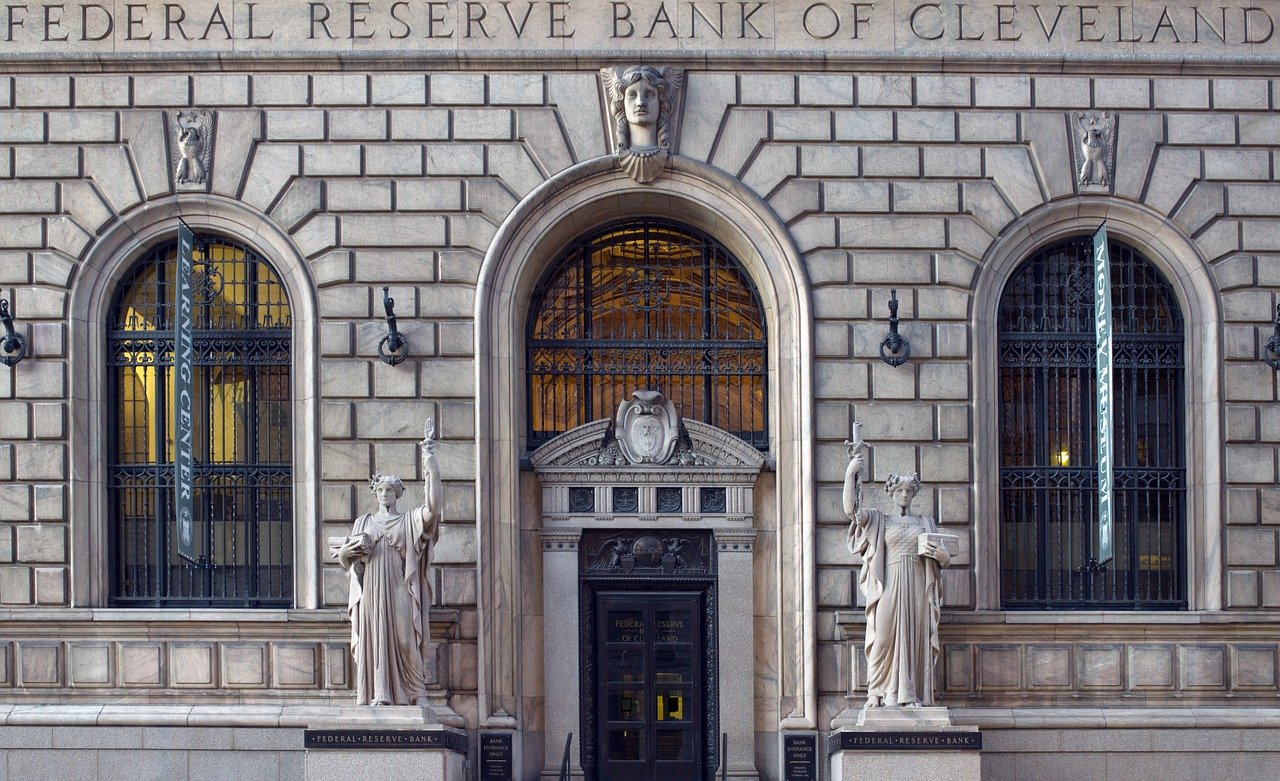

RECOMMENDED READING
My American Compass co-blogger, Michael Lind, likes to portray America’s development as a tug of war between the ideals of Alexander Hamilton and Thomas Jefferson — nation builders and industrialists on the one hand, and laissez-faire localists on the other.
It’s an eye-opening way to interpret the turning points throughout U.S. history, and yet the dichotomy is not nearly as strong as it first seems. The Hamiltonian-Jeffersonian divide suggests, for example, that a strong federal government is at odds with a strong local government, or that a national civic culture must come at the expense of regional particularly. While these tradeoffs may seem intuitive, in reality the vitality of our local communities often depends on the strength of higher-level institutions.
On one level, this is just the classic Hobbesian insight that our natural liberty depends on a leviathan that preempts a war of all against all. What good is a Jeffersonian democracy without a technologically advanced military to defend it? Nonetheless, it’s a point that extends well beyond the “night watchman state” or “thin blue line.”
Take the political and economic crisis sparked by COVID-19. It is hard to imagine a greater threat to the Jeffersonian vision of America than the epidemic and its mismanagement, from the de facto suspension of the right to peaceful assembly, to the existential crisis facing thousands of independent small businesses. And yet any hope of preserving that vision will, ironically, depend on our capacity for effective collective action, including through our federal and state bureaucracies.
For all of its flaws, for example, the Paycheck Protection Program (PPP) has helped hundreds of thousands of small businesses weather the loss of revenue created by social distancing and lockdowns. Talk about Hamiltonian poetic justice! With yeoman business owners on the brink of bankruptcy, America’s vast network of deposit-insured banks — backed by the full faith and credit of the U.S. Federal Reserve and Treasury Department — sprung to the rescue. Indeed, millions of additional jobs may have been saved had such a system been in place beforehand, perhaps through the system of payroll rebates as proposed by Senator Josh Hawley and as enacted by countries with technologically sophisticated revenue agencies.
In other words, there are many areas in American life where a more capable central government would reinforce the possibility for self-government along a different axis. This has always been true, but is becoming even more apparent as the economy reopens, and communities across the country struggle to rebound amid collapsing tax revenues and the absence of a serious, coordinated effort to test, trace and quarantine the virus into virtual extinction.
What’s the Conservative Hamiltonian vision?
The notion that Hamiltonian means can help realize Jeffersonian ends is not limited to the coronavirus epidemic. It may even be key to understanding how this little corner of the conservative realignment can be home to communitarian localists and industrial policy enthusiasts alike.
Free trade with China devastated many manufacturing communities because we lacked the countervailing systems required to level-up factory workers and defend our industrial base at scale. The disappearance of good jobs for non-college educated men and women thus robbed millions of Americans of their self-reliance, replaced with disability checks, family breakdown, and opioid addiction. Ironically, this may have been avoided had the Jeffersonian narrative of America not dominated conservative thought for the last forty years (albeit in terms of free-market economic orthodoxies and fair-weather anti-federalism that Jefferson himself would not recognize).
Unfortunately, it looks like the right is poised to fall back into its anti-government script, if only due to aesthetic familiarity. Hamiltonians by nature prefer the big and the bold over the small and parochial: the assembly line over the artisan workbench, the big business over the sole proprietorship, the hyperloop over the scenic route. Jeffersonians, in contrast, romanticize the independent and self-made farmer’s resistance against the political machinations of a corrupt aristocracy. Which camp you fall into may be a matter of taste.
On the other hand, the reason we Hamiltonians prefer what we do isn’t merely aesthetic, but derives from a foundational belief in progress in the original sense of the word. Not to be confused with progressivism, a leftist political ideology, progress stands in contrast to stasis and decline. It means genuine scientific, technological, and economic advancement, oriented to the good of the nation and its constituent parts. Or in a word, national development.
The left has their own spin on Hamiltonian thinking called “Medicare For All” and the “Green New Deal.” And whether you like the underlying policies or not, you can’t deny that they offer a definite vision of how our national resources can be marshalled to build a new economy around some higher good.
What, in contrast, are the goals on the Hamiltonian corner of the American right? A border fence, Space Force, steel tariffs? I think we can do a lot better. How about full employment, zero opioid deaths, affordable family life, and a manufacturing renaissance? Paradoxically or not, if that agenda became the core preoccupation of conservative reformers, the conditions for a revival of Jeffersonian self-government would follow close behind.
Recommended Reading
Michael Lind: Why Conservatives Should Care About Unions
American Compass contributing writer Michael Lind discusses his essay on remodeling labor law from American Compass’s A Seat at the Table collection.
Talkin’ (Policy) Shop: Local Content Requirements
On this episode of Policy in Brief, Oren and Chris discuss how to spur private investment, innovation, and competition by guaranteeing demand for domestic production
A Conservative Jurisprudence Worthy of a Conservative Economics
The New Right, in contradistinction to the liberalized Hayekian governing mentality that American Compass’s Oren Cass has called “Let the Market Rip,” is unafraid to wield the levers of political power in the service of good political order.












